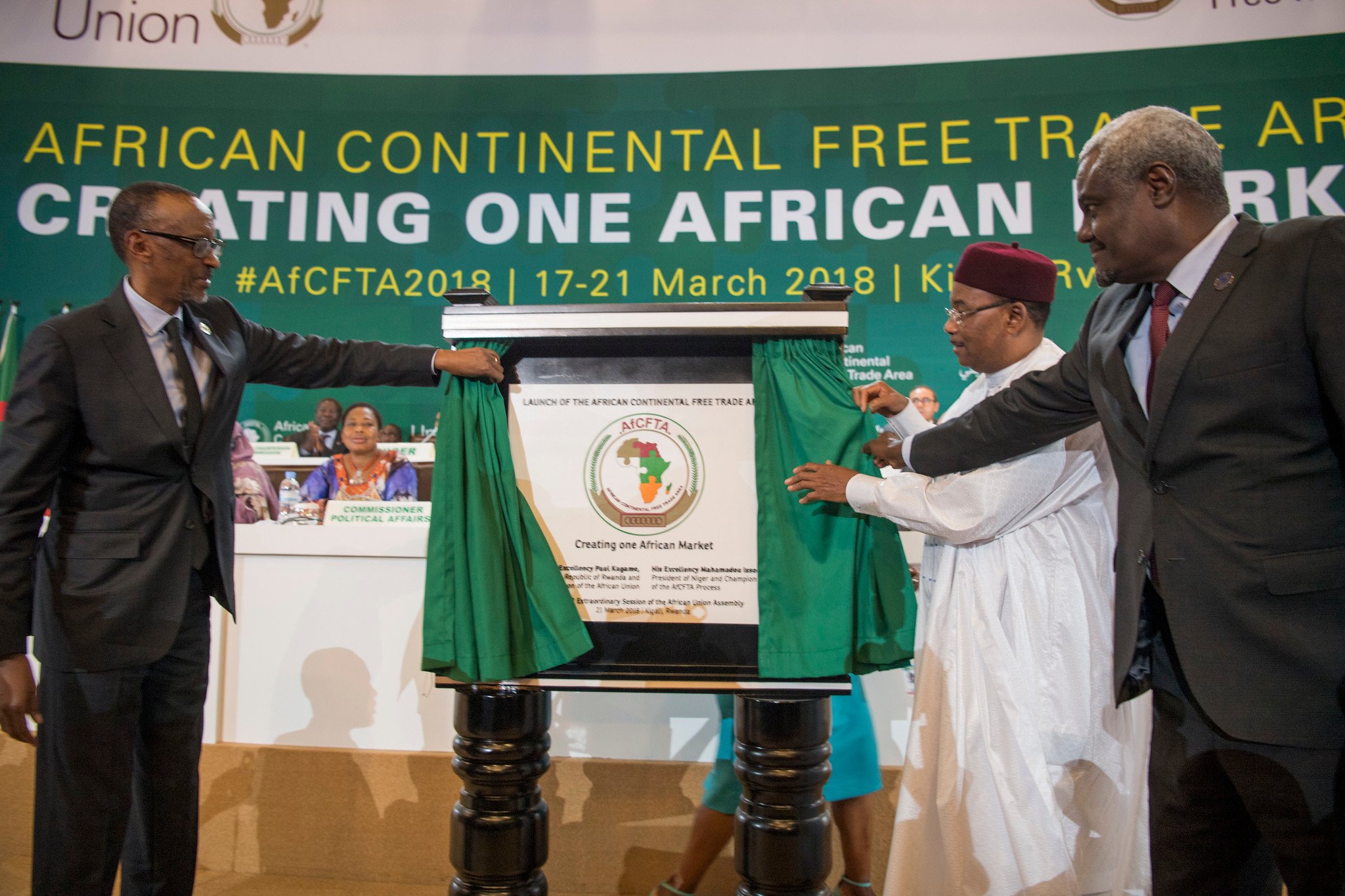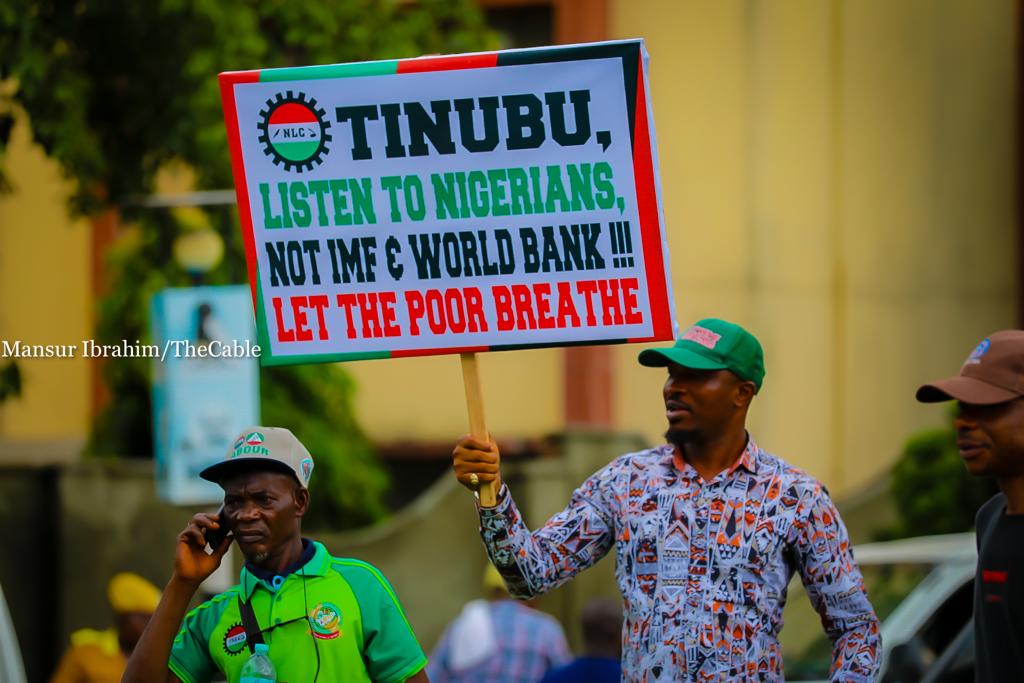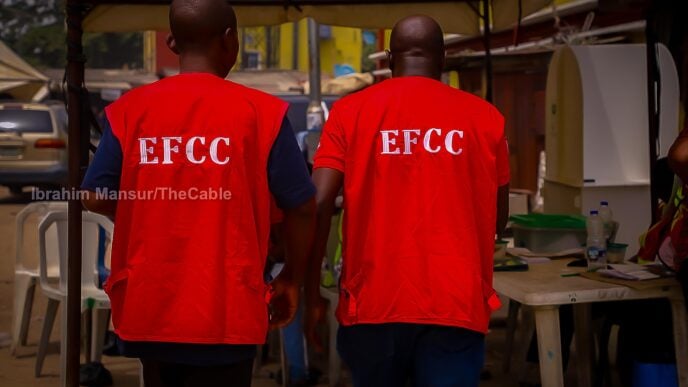BY GIDEON ADJEI-MAWUTOR
According to the United Nations, Africa has the youngest population in the world, with over 60 percent of people under 25 years. However, the youth unemployment rate in Africa is high, averaging over 20 percent across the continent. In some African countries like Djibouti, the unemployment rate is as high as 70 to 80 percent. Aside from unemployment, the youth are predominantly employed in the informal sector, facing job insecurity, economic marginalisation, and limited access to finance.
The African Continental Free Trade Area (AfCFTA) has high prospects for harnessing the youth’s potential for sustainable development on the continent. The trade agreement, negotiated by member states of the African Union, aims to establish conditions for free trade among African countries. These countries can address unemployment by fully ratifying and implementing the AfCFTA agreement. The unconducive environment for youth entrepreneurship in many African countries limits job opportunities for young people. Many young people involved in intra-continental businesses struggle with high trade tariffs and the differential complex trade processes across various African countries.
In a 2020 policy brief on promoting youth entrepreneurship, the African Union highlighted the need to invest in and create opportunities for young people, especially in trade. AfCFTA promises to significantly reduce business costs, enabling established and budding entrepreneurs to access raw materials and finished products at more competitive prices. Moreover, the trade agreement advocates for standardising trade procedures among its member states, leading to simplified customs processes, minimised paperwork, and uniform regulations. Such harmonisation not only eases the burden of administrative tasks but also decreases transaction costs, empowering youth-led enterprises to focus their resources on expanding their operations and driving economic growth.
Advertisement
Implementing AfCFTA at national levels can formalise African economies. Adapting AfCFTA at the national level requires translating the agreement into national laws, regulations, and administrative procedures. African countries should take cues from the Association of Southeast Asian Nations’ free trade agreement, a pact among nine southeastern Asian countries. The deal has helped the smallest member state—Brunei, grow and formalise its economy. Economists project Brunei’s economy will grow by 3.7 percent in 2024 and 2.8 percent in 2025. Brunei’s case illustrates how effectively implementing a regional trade agreement can significantly enhance economic growth and development.
AfCFTA’s domestic effectiveness depends on broad consultation with stakeholders like the private sector, academia, and youth-led civil service organisations. These stakeholders must set up committees tasked with implementing and monitoring the agreement. An example of a well-established committee coordinating AfCFTA’s monitoring in Cote d’Ivoire is the Comité National ZLECAf.
Furthermore, AfCFTA enables young entrepreneurs to collaborate with suppliers and manufacturers across borders, tapping into specialised skills and cost-effective production. Such optimised supply chains enhance competitiveness and unlock new avenues for growth and innovation. The standardisation of the processes leading to innovation growth eventually moves most young people into the formal sector since the system in place is governed by approved policies adopted by the nations within the African continent. Moving from the informal sector to the formal sector means that youth benefit from enforceable contracts, tax incentives, union membership, and access to government subsidies. This transition ensures legal protection and financial security through employer-sponsored pensions and workers’ rights to negotiate better pay and benefits.
Advertisement
African youths need more access to funding. The AfCFTA can draw foreign direct investment to Africa, offering youth entrepreneurs access to venture capital, loans, and opportunities for business expansion. African governments implementing investment-friendly policies would promote a robust entrepreneurial ecosystem. For example, policies such as the rule of origin would require AfCFTA member countries to grant each other trade preferences, which increases intra-African trade. That, in turn, fosters the development of regional value chains and manufacturing capacities that would attract foreign investment.
Additionally, AfCFTA fosters economic diversification by encouraging expansion beyond traditional sectors like agriculture. A World Bank report indicates that by 2035, ‘total production of the continent would be almost $212 billion higher than the baseline’. The potential economic benefits will drive technological development and structural transformation. AfCFTA objectives and protocols contain technology and innovation policy statements. Thus, youth entrepreneurs are empowered to explore services, technology, e-commerce, and manufacturing opportunities. This diversification mitigates reliance on a single income stream, fostering resilience and sustainability in the face of economic fluctuations.
As it stands, AfCFTA offers African youths a transformative pathway to address unemployment, limited access to finance, and economic marginalisation. By reducing trade barriers and fostering intra-African trade, AfCFTA creates opportunities for youth-led enterprises to thrive. Emphasising economic diversification and formalisation, AfCFTA paves the way for sustainable growth and prosperity, thus urging African leaders to prioritise its implementation for the benefit of all young citizens across the continent.
Gideon Adjei-Mawutor is a writing fellow at African Liberty. He is on X (Twitter): @Giddijei.
Advertisement
Views expressed by contributors are strictly personal and not of TheCable.









